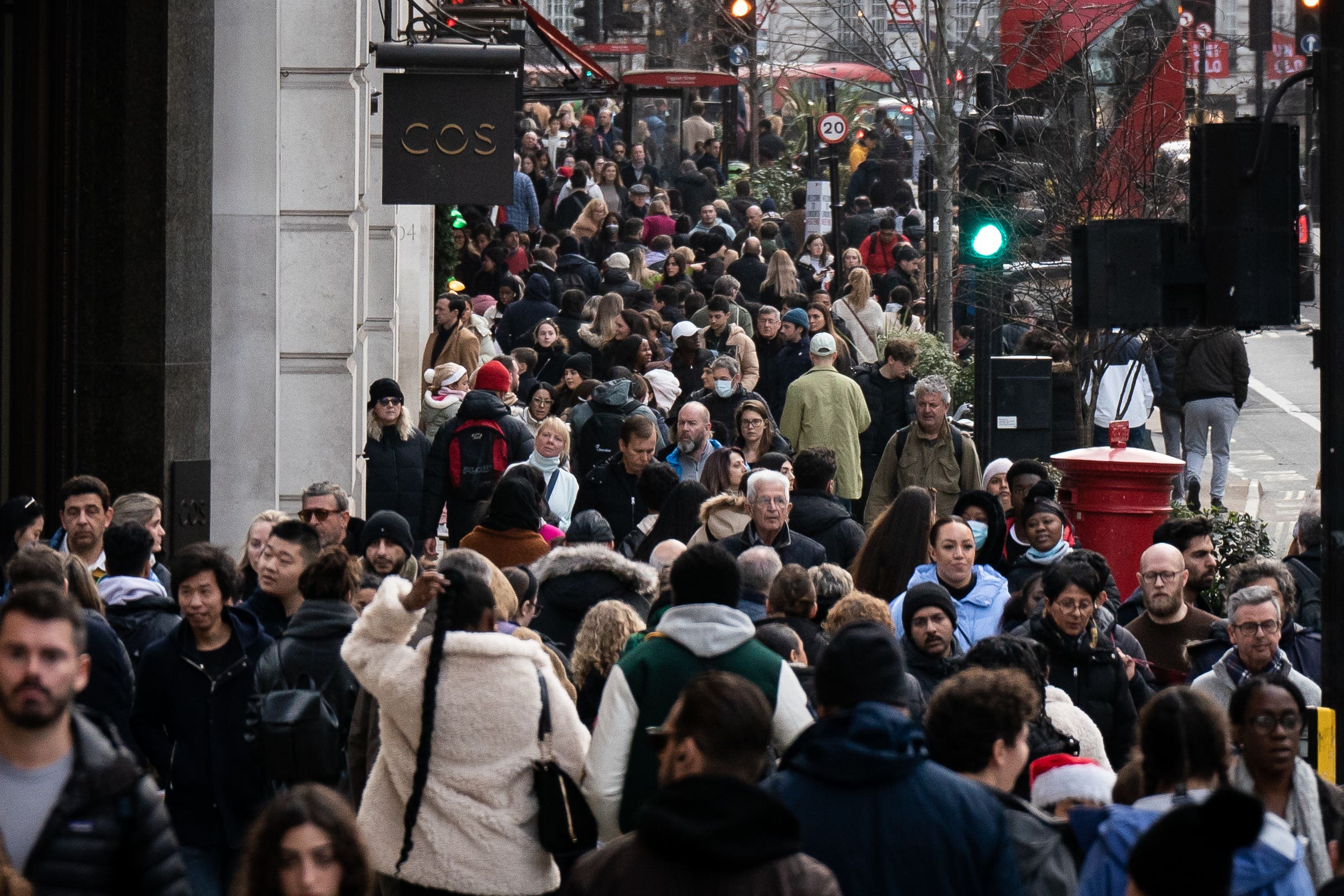Are wages rising and what does it mean for me and for the economy?
The latest data has prompted experts to weigh in on whether the Bank of England can start thinking about cutting interest rates.

Average wages in the UK have risen, and people are earning more in real terms when price rises are taken into account, official figures have shown.
But the latest dataset from the Office for National Statistics (ONS) shows pay growth has been slower in recent months, and there are ongoing signs the jobs market is weakening.
It has prompted experts to weigh in on whether the Bank of England can start thinking about cutting borrowing costs this year.
Here, the PA news agency looks at what the latest figures mean for the UK economy and for households across the country.
– What has happened to wages?
Average wages for workers in the UK are rising, but not as fast as they have been in recent months.
Regular pay growth, excluding bonuses, rose by 6.6% on average between September and November, compared with 7.2% in the previous three months.
It is also the lowest rate recorded since January last year, indicating employers were softening pay rises for staff throughout the year.
– Why is wage growth so important to the economy?
Rising wages means workers are better off, but it also effects how high UK interest rates are set by decision-makers at the Bank of England, which it uses as a tool to control inflation.
Rob Morgan, chief investment analyst for Charles Stanley, said: “Wage growth is one of the most important considerations for the Bank of England when it comes to setting interest rates.”
He said “today’s wage growth is tomorrow’s spending power”, meaning it could cause concern that higher pay will fuel consumer demand, and therefore inflation.
– When will borrowing costs fall?
Interest rates are currently at 5.25%, the highest level since early 2008, and experts have weighed in on whether the latest slowdown in wage growth will give policymakers a good enough reason to lower them.
James Smith, an economist for ING, said it opens the door for interest rate cuts, but policymakers are likely to need more evidence that inflation is being controlled before they can do so.
Craig Erlam, senior market analyst for Oanda, said inflation has fallen faster than expected and with wage growth slowing sharply, “there is every chance we see much more over the coming months that enables the Bank of England to pivot towards cutting interest rates”.
He said interest rates could start being cut from May, provided there are no big surprises in forthcoming data.
– Are prices still rising in the UK?
Prices are still rising across the country, but at a much slower rate than at its peak at the end of 2022.
Furthermore, average real wages are rising, which means people’s earnings are increasing at a faster pace than prices.
In the latest data, real regular wages, not including bonuses, rose by 1.4% on average between September and November when taking into account the effect of Consumer Prices Index inflation.
It marks the fifth month in a row that real wages have risen, giving a boost to workers who have been squeezed by cost-of-living pressures.
December’s inflation figures, released by the ONS on Wednesday, will show whether cost pressures are continuing to ease.
Bookmark popover
Removed from bookmarks